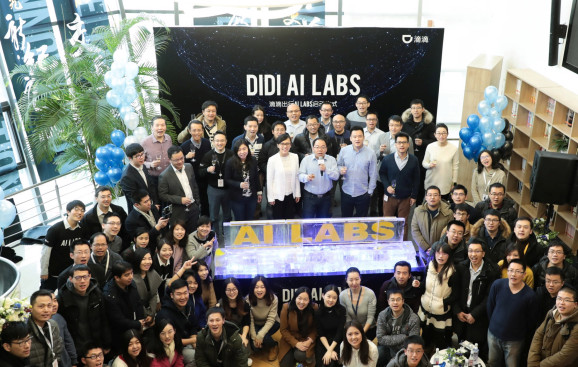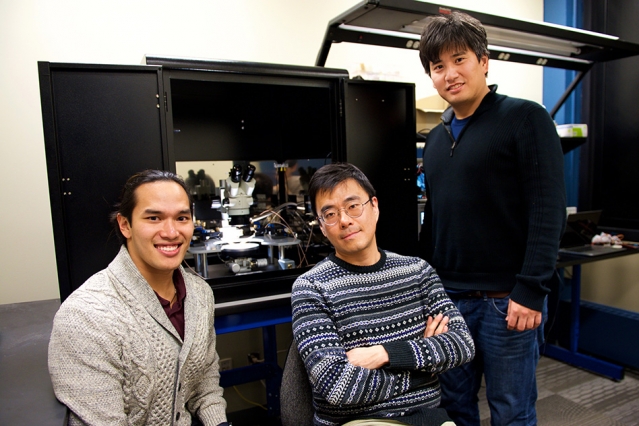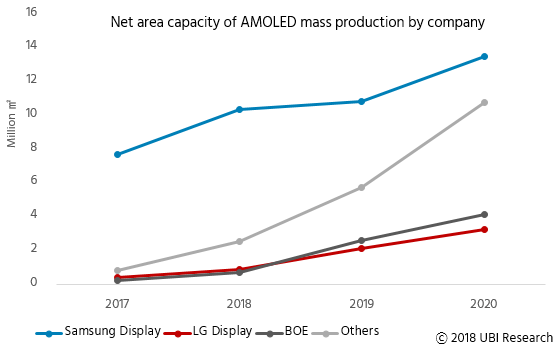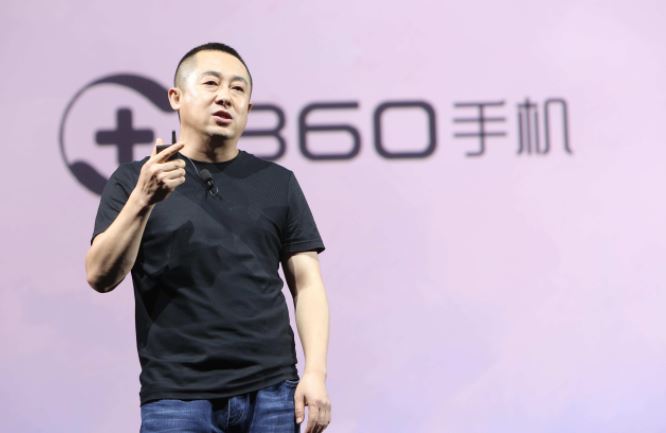
01-28: Samsung Display’s utilization rate at its A3 flexible OLED line has allegedly fallen more than 10% compared to 2017; etc.
Chipsets
MIT’s latest research on “neuromorphic computing” could lead to processors that run machine learning tasks with lower energy demands — up to 1,000 times less. They have attempted to design computer chips that work like the human brain. Instead of carrying out computations based on binary, on/off signaling, the elements of a “brain on a chip” would work in an analog fashion, exchanging a gradient of signals, or “weights,” much like neurons that activate in various ways depending on the type and number of ions that flow across a synapse. (The Verge, MIT, TechNews, Nature, Science Alert, CN Beta)
Touch Display
Samsung Display’s utilization rate at its A3 flexible OLED line has allegedly fallen more than 10% compared to 2017 as the company sees decreased shipments to Apple. Apple’s share of the A3 capacity was about 77%, with the rest of the production going for Samsung Electronics and Chinese phone makers. Samsung is said to be reconsidering its investment in its future A5 flexible OLED fab. (OLED-Info, ET News, Sina, ChinaZ)
According to UBI Research, the net area capacity of AMOLED production worldwide is expected to grow at a CAGR of 48% from 2018 to 2020. As a result of analyzing the glass area based on the overall equipment capacity, the net area capacity of AMOLED mass production was 13Mm2 in 2017, and it is expected to grow more than three times to 40Mm2 in 2020. (OLED-Info, OLEDNet, UBI Research, press, iFeng)
Universal Display (UDC) has announced that Sharp has signed an extended and updated evaluation agreement. Under this new agreement, UDC will supply its phosphorescent OLED materials and technology to Sharp for use in the company’s OLED displays. (OLED-Info, Display Daily)
LG Display (LGD) says that it solidified its OLED business, increased its annual OLED TV shipments to 1.7M units and started production of flexible OLEDs at its E5 production line. The Gen-6 E5 line has started mass production in 3Q17. LGD says it will speed up its shift to an OLED-focused business structure in order to strategically prepare for the future by investing around KRW9T (USD8.4B). (ZDNet, OfWeek, OLED-Info)
Memory
According to TrendForce, coupled with the climbing prices of mobile DRAM over 2017 and a profit squeeze, major brands have adjusted their production plans and deferred restocking of materials since mid 4Q17. Some key components including mobile DRAM have excess inventory. In 1Q18, the traditional off-season, smartphone vendors are expected to decrease the demand, resulting in a mere 3% rise of the contract prices. (TrendForce, press, TrendForce[cn])
Phones
360 Mobile president Li Kaixin announces that in 2017 the company has shipped 5M units of smartphone, which is the same as 2016. He also indicates that mobile phone vendors do not starve to death, but stuff to death. Under restricted RD resource, the company has to find the balance to stay in this long-lasting battle, and the core competition must be grasped. (iFeng, Sina, EEO, Laoyaoba)
Wearables
Microsoft allegedly has conducted a small round of layoffs impacting its corporate offices as well as regions around the globe. Microsoft is moving around a bunch of its augmented reality / mixed realit y/ virtual reality assets as one of its regular reorganizations. (Laoyaoba, ZDNet, Petri, Petri)
Internet of Things
Ford has filed for a patent on an autonomous police car. The patent describes an autonomous police vehicle that would be able to detect infractions performed by another vehicle, either on its own or in conjunction with surveillance cameras and / or road-side sensors. The AI-powered police car could then remotely issue citations or pursue the vehicle. (TechCrunch, Motor1, WIPO, TechWeb, iFeng)
After experiencing 3-5 years of business adjustments, BlackBerry has successfully transformed from a mobile devices supplier into a provider of B2B IoT management solutions, focusing on helping enterprises establish IoT operations through its BlackBerry Secure platform as well as software solutions for enterprise information security and enterprise mobility management (EMM), according to Mike Ding, the firm’s senior sales manager for North Asia. (Digitimes, OfWeek)
Didi Chuxing is opening a new AI research lab in Beijing. The move comes one month after Didi Chuxing announced a fresh USD4B in funding, taking its total inbound investment to nearly USD20B since its inception. At the time, the company said it planned to use the cash to increase its push into AI and support its global expansion. (VentureBeat, Leiphone)



